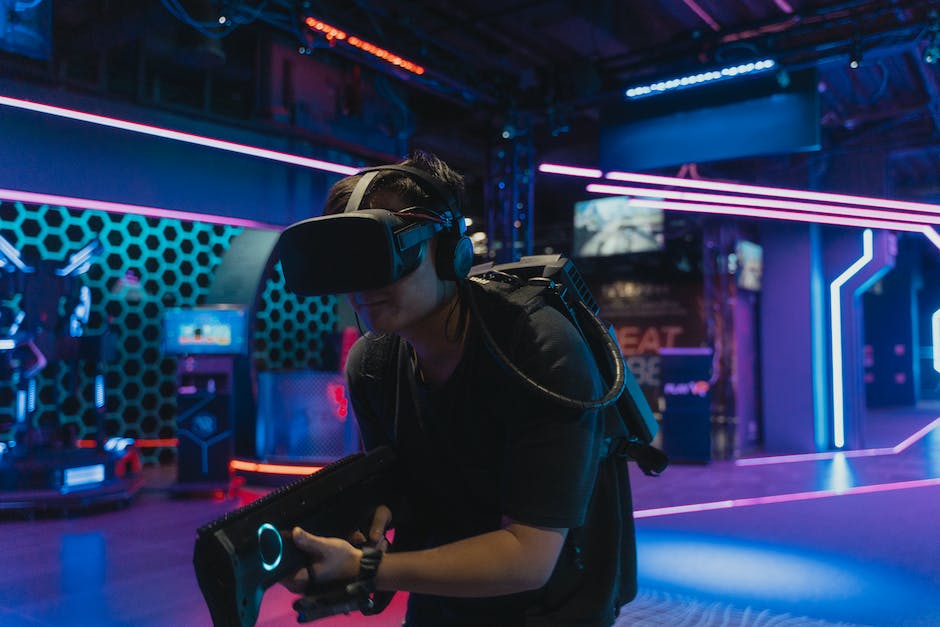
The Pros and Cons of Gaming: Exploring the Benefits and Drawbacks
Uncover the Advantages and Disadvantages of Video Games
Gaming has become a widespread form of entertainment, with millions of people immersing themselves in virtual worlds on a daily basis. While gaming offers numerous benefits such as stress relief, improved cognitive skills, and social interaction, it also comes with its drawbacks such as addiction and negative impacts on physical health. Let's take a closer look at the advantages and disadvantages of gaming to gain a comprehensive understanding of this popular activity.
In this article, we will delve into the positive and negative aspects of gaming, exploring how it can enhance certain skills and provide enjoyment, as well as the potential downsides that can arise from excessive gaming habits.
Pros
Gaming offers numerous advantages that can positively impact various aspects of life. From enhancing cognitive abilities to fostering social connections, the benefits of gaming are diverse and impactful.
Missing a pro?
Cons
While gaming can offer numerous benefits, it is important to acknowledge the potential drawbacks that can arise from excessive or irresponsible gaming habits. From negative impacts on physical health to the risk of addiction, understanding the downsides of gaming is crucial for maintaining a balanced approach to this form of entertainment.
Missing a con?
Conclusion
Gaming presents a complex tapestry of advantages and disadvantages, offering a diverse range of benefits while also posing potential risks. By understanding and acknowledging both the positive and negative aspects of gaming, individuals can approach gaming with mindfulness and moderation, maximizing its benefits while mitigating potential drawbacks.
What do you think?
Do you think the pros outweigh the cons?









